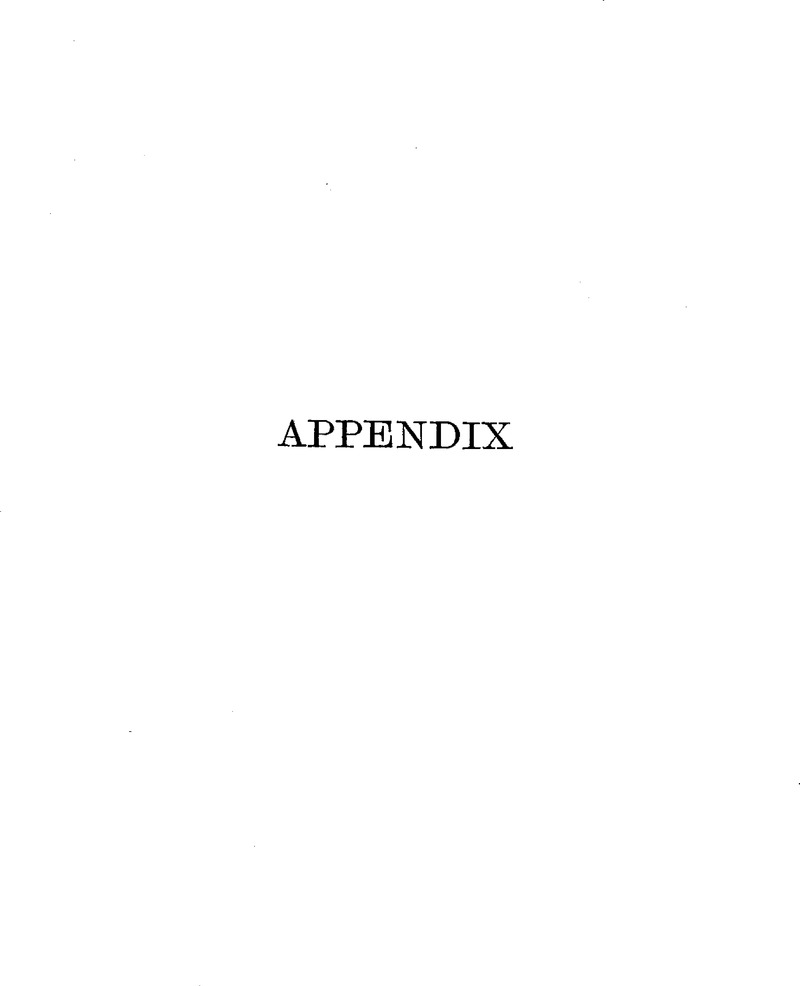No CrossRef data available.
Article contents
Appendix
Published online by Cambridge University Press: 24 December 2009
Abstract

- Type
- Appendix
- Information
- Copyright
- Copyright © Royal Historical Society 1990
References
page 241 note 1 See, for this date, pp. 247 (note), 250, 251. It seems to have been Bestucheff's custom to give expression to his political views in this form for the benefit of the Czarina Elizabeth, for a reference to some such système occurs in Woronzow's Memoirs, and Rambaud also mentions one of the year 1753. See Histoire de la Russie, p. 442.Google Scholar
page 241 note 2 Bestucheff was appointed Grand Chancellor, July 15, 1744.
page 242 note 1 Michel Ilarionovitch Woronzow.
page 243 note 1 1533–1584.
page 243 note 2 See, for this, ‘Notes on the Diplomatic Relations between England and Russia,’ etc., in vol. xiv. N.S. of the Transactions of the Royal Historical Society.
page 243 note 3 The treaty finally concluded in December 1742 had been signed and ratified (except for one article) on April 3, 1741, before the accession of Elizabeth. See Instructions to Wych, January 29, 174½; R.O. Russia, vol. xl.
page 243 note 4 That of March 1743. See p. 13 and note.
page 244 note 1 February 4, 1744. An earlier alliance of 1733 was renewed, and a secret article promised help from Russia against Prussia. The treaty was Bestucheff's own work. See Koch, , Histoire des Traités, ii. 344.Google Scholar
page 244 note 2 Augustus II., 1697–1733 ; Augustus III., 1733–1763.
page 245 note 1 Simon Romanovitch Woronzow also points out in his Memoirs that it had been the ancient policy of Russia to maintain Poland in her status quo. In his view it was a foreign, not a Russian, monarch who put an end to that state of things.
page 245 note 2 This declaration has not been preserved.
page 247 note 1 Lord Tyrawley, British Ambassador to St. Petersburg, 1744–1745. In September 1744 be reports that the Czarina was ready to fulfil the obligations of her treaty with England of 1742. This seems to fix the date of this document for the beginning of the year 1745 O.S., as Lord Tyrawley went to Russia only in February 1744 N.S. See also pp. 250 (and note), 251, and 19. (See Tyrawley's of September 25, 1744, Add. MS. 22,631, British Museum.)
page 248 note 1 During the whole of the year 1744 Frederic was still claiming from Russia the help which had been stipulated for in the Treaty of 1743. See Polit. Corr. Friedrich's, vol. iii.Google Scholar
page 249 note 1 Augustus III. of Saxony had married a daughter of the Emperor Joseph I.
page 249 note 2 In August 1744
page 249 note 3 Charles VII. died January 20, 1745.
page 250 note 1 November–December 1744. See Carlyle's Frederick the Great, Book xv. chap. iv.
page 251 note 1 Saxon representative at St. Petersburg. The object of this mission was to persuade Elizabeth to declare in favour of the Austrians, with whom Saxony was allied. See Recueil des Instructions : Russie, i. 428. The Comte de Fleming was then First Minister in Saxony.
page 251 note 2 Kiowie, i.e. Kiow or Kieff.
page 252 note 1 The Diet of Grodno was in September 1744. See Recueil des Instructions: Russie, i. 442 and 451.Google Scholar
page 253 note 1 I.e. of a subsidy. A scheme of an alliance between Russia, England, Holland, and Poland against Prussia was now a part of England's Continental policy. See Tyrawley's Despatch, November 3, 1744. R.O. Russia, vol. xlv. By Article 8 of the projected alliance two million roubles were to be paid by the Maritime Powers to Russia while the war with Prussia lasted.
page 253 note 2 This possibly refers to the scheme of partition of the King of Prussia's dominions. See Tyrawley's Despatch, August 26, 1744; R.O. Russia, Vol. xlvi.Google Scholar
page 255 note 1 A pood = 40 pounds.
page 255 note 2 A rouble may be estimated at 4s. during the greater part of the reign of Catherine II. See Tooke, 's Russian Empire, iii. 475.Google Scholar
page 255 note 3 Spelten or spelter, the commercial name for zinc.
page 255 note 4 An arschine = 28 English inches.


